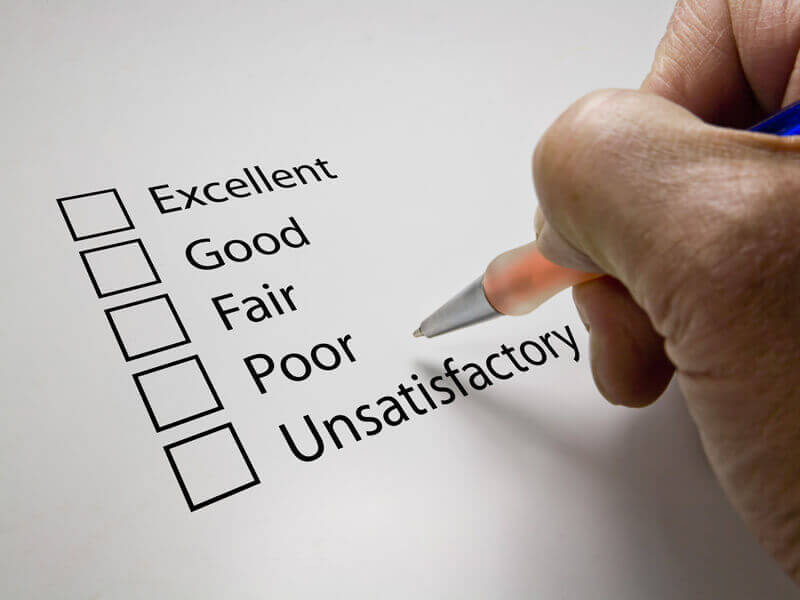
When guests book through an independent travel website or mobile app instead of directly with the hotel, they are more likely to experience a problem and be less satisfied with their stay, according to the new J.D. Power 2017 North America Hotel Guest Satisfaction Index Study. The survey of 63,000 recent hotel guests in the U.S. and Canada also showed that incorporating mobile apps and functionality into a hotel stay is associated with higher guest satisfaction. Integrating this technology also makes guests more willing to share their positive hotel experiences on social media.
The risk for hotels is that greater use of mobile devices for booking means some guests might secure a room with an online travel agency (OTA), which is associated with lower satisfaction, rather than booking directly through a hotel. Pushing for more guests to become rewards members may enhance the effort to encourage direct booking. While OTAs remain popular among many guests, there are some disadvantages to their use, such as the need to deal with a third party if problems arise with a reservation.
“As mobile usage becomes increasingly ubiquitous for guests, the challenge for hotels becomes twofold—first, they must persuade guests to book directly with them, and second, they must encourage easy utilization of this technology,” said Rick Garlick, practice lead, travel and hospitality at J.D. Power. “By forging direct relationships, hotels can become guardians of the guest experience, but at the center of these relationships is an establishment’s mobile strategy.”
The study, now in its 21st year, measures overall guest satisfaction across eight hotel segments: luxury, upper upscale, upscale, upper midscale, midscale, economy, upper extended stay, and extended stay. Seven key factors are examined in each segment to determine overall satisfaction: reservation, check-in/check-out, guestroom, food & beverage, hotel services, hotel facilities, and cost and fees. Satisfaction is calculated on a 1,000-point scale.




